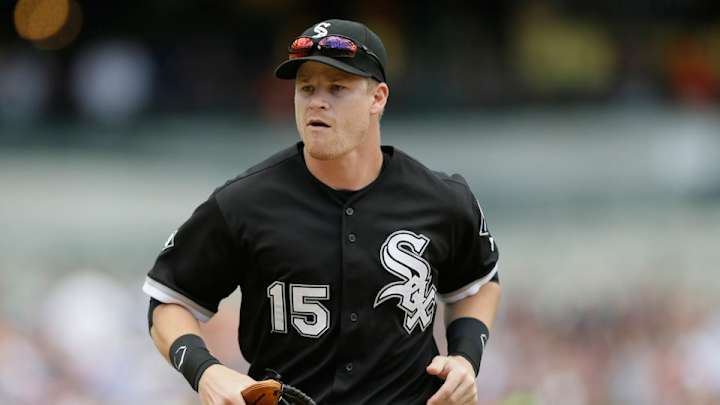How MLB's Aug. 31 waiver trade deadline works

Major League Baseball's July 31 trade deadline is in the rear-view mirror, with contenders having made a flurry of deals to gear up for the postseason.
But just because the trade deadline has passed doesn't mean teams are prohibited from making trades. Players can still be moved, but teams have to use the waiver process, which is much different than the trade process pre-July 31.
MLB's waiver trade deadline is on Aug. 31. Teams can make trades after the waiver trade deadline, but the players acquired in those deals won't be eligible for the playoffs.
After July 31, no player can be traded without first passing through revocable waivers. If an MLB team places a player on waivers, it opens up a number of scenarios:
- If the player placed on waivers is claimed, and the team that placed him has no intention of moving him, the team can immediately revoke him from waivers.
- However, players can only be revoked from waivers once. If the team places the same player on waivers and he is claimed again, he cannot be revoked.
- If a player is claimed on waivers, the placing team and the claiming team have 48 hours to work out a trade. If no agreement is reached in 48 hours, the player is removed from waivers.
- A team can also place a player on waivers with no intentions of trading him, instead letting the player go to any team claiming him for a small waiver fee. This is often done to shed large contracts.
- If multiple teams claim a player, the player goes to the team in the same league with the worst record. If no team from the same league claims the player, he will go to the team with the worst overall record.
- If a player goes unclaimed for 48 hours, he is free to be traded to any team in the league.
MLB teams often put large numbers of players on waivers during this time period, sometimes as a bluff for moves they actually want to make. Teams will also make claims on players to prevent them from going to rival clubs, a calculated risk in case they claim a player with an exorbitant salary who isn't then revoked.
Last season, some of the players moved during the waiver period included Adam Dunn, Gordon Beckham and Jonathan Broxton.
• CORCORAN: Breaking down winners and losers after exhilarating trade deadline
